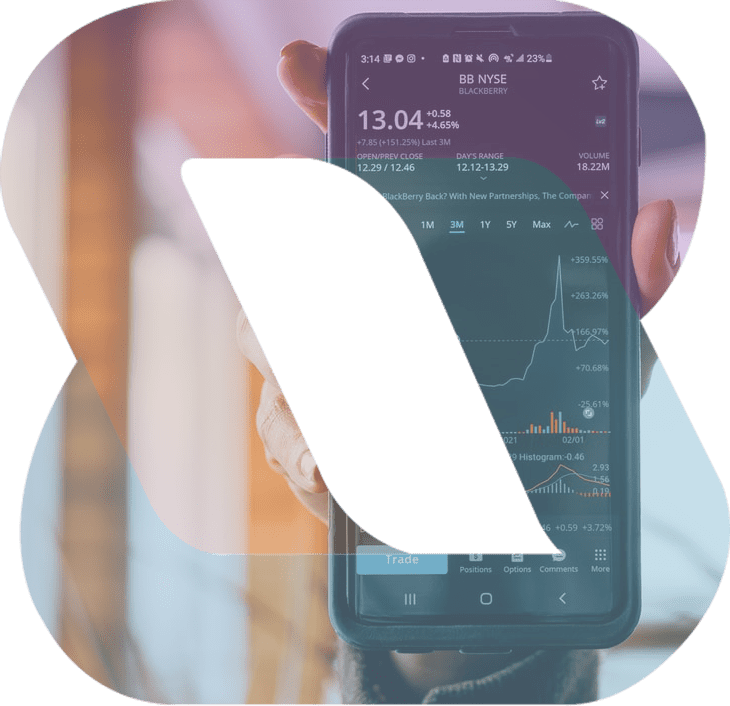
International trade has existed spanning civilizations and has become a crucial part of the global economy. From barter system, to mercantilism to liberalism to professionalism, international trade has involved multiple exchange of documents along with physical flow of goods with clearly defined principles to make transactions easier and to fight against frauds. It is estimated that 30% of the time in any cross-border trade is spent on processing documents and around $150 billion is lost annually owing to the manual methods in conventional trade finance operations.
lets connect
The covid-19 pandemic and its associated recession had a major impact on international trade. We saw disruptions in global supply chains as restrictions in cross-border trade were placed by governments as an effort to reduce the spread of the deadly virus. Due to lack of knowledge and preparedness for such disruptions, the entire supply chains were severely affected resulting in grave consequences.
This pandemic came on top of a transformation trend already affecting international trade - Industry 4.0. Automation and data exchange in manufacturing technologies, including cyber-physical systems, the internet of things and cloud computing had been disturbing traditionally set processes. The impacts of isolation due to covid-19 further increased the need to digitise the entire supply chains in order to make them smart, transparent and above all resilient to disruptions never seen before.
With a push towards digitization at various levels and rising global awareness towards paperless transactions, Smartlabs team is joining hands with the Singapore government to lead the digitization agenda for Global Supply chains. We have a rich experience of physical trade of commodities, logistics and trade financing, and we know the pain points of paper-based transactions in today’s rapidly evolving world. Our efforts towards digital transformation of international trade are helping organisations especially SMEs in coping up with the international trade disruptions.
Learn How